We are developing the social individualist meta-context for the future. From the very serious to the extremely frivolous... lets see what is on the mind of the Samizdata people.
Samizdata, derived from Samizdat /n. - a system of clandestine publication of banned literature in the USSR [Russ.,= self-publishing house]
|
“Libertarian men are the most romantic people in the world”.
– Priya Dutta.
From about the victory of 1997 – in the last few years of the 1990s and the first few years of the 2000s – the British Labour Party strode with immense power, strength, and confidence. It won huge victories over its enemies, asserted itself with great strength and confidence, but was not afraid of getting a little dirty when this was necessary to achieve its agenda. It was not always popular with everyone, but it looked unbeatable and invincible. It and its leadership were not liked by everyone, but what had been achieved had to be respected. By the time of the defeat of 2015, though, Labour was a pathetic shadow of what it had been. After the defeat, it seemed inexplicable that anyone had every thought victory was possible, athough many had (strangely) predicted it. Led and managed by incompetent losers, it was very hard to see a way forward. Although the leaders who had overtly brought it to this point had been deposed, the culture of failure and incompetence remained in place, and their replacements looked likely to be worse.
From about the victory of 1997 – in the last few years of the 1990s and the first few years of the 2000s – the Australian cricket team strode with immense power, strength, and …
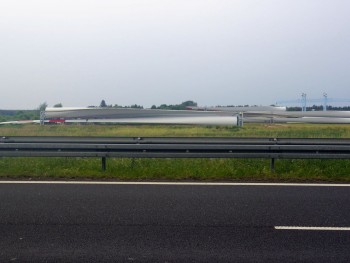
Last weekend, I landed at Szczecin airport in Poland at around 11am on Saturday. I was on one of my many trips abroad, following my curiosity. I go to places, look at what is normal, look at what is not, and see how the world and the parts of the world I am most interested in are changing and evolving.
I was last in Szczecin in 2007. I even wrote about it briefly on this blog at the time, observing that it was in some ways very weird. As it happens, Poland was much more a post-communist country in 2007 than it is now. At that time a defining feature of the country was that it was an heir of the communist country it had been in 1989. Now, that is not true. Poland feels like a normal developed country. This achievement is magnificent, particularly when one compares it to the countries to its east. I cannot help but think that EU membership has helped Poland in this regard. Most dramatically, it has done this through the free movement of people between Poland and countries further west. People have come to Britain, Ireland, Sweden and elsewhere, have contributed economically to those countries, but also learned languages, skills and attitudes, and have made connections that have been useful at home. The number of people from further west who have developed connections, lives and businesses in Poland and places further west is smaller and probably less significant, but is still large enough to matter.
The journey trip in 2007 was in may ways quite surreal. The final day of it included a brief five minute period of being an illegal immigrant to Germany, and then a dramatic drive in a highly powered car along no speed limit German autobahns (legally in the country this time) later in the afternoon in a desperate and ultimately successful attempt to get to Lübeck airport in time for a flight home. However, that’s a story for another time. This journey was mainly an attempt to recap on what I saw on that surreal trip.
This time, I quickly picked up my rental car, and headed along the motorway towards the city – a port city on the Oder that was Prussian until 1945 and was known as Stettin until then. As is the case with many medium sized cities in Europe, Szczecin’s airport is a former military airfield that was later converted to civil use, and is therefore a little more distant from the city than would be an airport that was built from scratch to be a civilian airport. The drive from the airport to the city is therefore about 50 kilometres.
Leaving the airport and heading down the motorway towards town, I found myself driving past the sorts of things one normally finds oneself driving past on motorways just outside the edges of cities along airport corridors. 25 years after the end of communism, Poland in incredibly normal in respect of what one sees in such places. Warehouses, logistics facilities, light industry, lowish rent office parks, yards full of industrial equipment, rest stops with a McDonald’s a motel, and a petrol station, and…
WHAT THE HELL IS THAT????????????
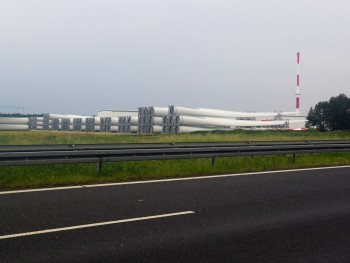
I saw something strange and weird next to the motorway – so strange and weird that I immediately pulled over to the side of the road and parked illegally on the hard shoulder, put on my hazard lights, and got out of the car to take photographs.
I saw field – a yard – full of new and strange things. Aerodynamic things. Not wings. Twisted things, but twisted far too gently to be any kind of propellors or airscrews. What were they. I have seem many, many industrial things in parks outside cities, but nothing like this before.
Then, however, the full, awful truth dawned upon me. I knew what they were. Possibly this indicates that Poland has gone through being normal, and is now post-normal.
The Poles have of course been encouraged, bullied, and otherwise required by their EU partners to waste resources, skills and time on such crap when there have been much more important things to worry about, both from an economic point of view and a security point of view. From an economic point of view, this should have been obvious since at least 2008, but the crap has somehow continued. From a security point of view, this has at least been obvious since last year. The Polish government does at least have its eyes on the ball at this point. I am less sure about one or two governments of countries a little further west.
Some things take a long time to die, though. Post-normal probably isn’t good.

As seen in the Sydney Morning Herald, reported on Twitter by Antony Green
“On its world, the people are people. The leaders are lizards. The people hate the lizards and the lizards rule the people.”
“Odd,” said Arthur, “I thought you said it was a democracy.”
“I did,” said Ford. “It is.”
“So,” said Arthur, hoping he wasn’t sounding ridiculously obtuse, “why don’t the people get rid of the lizards?”
“It honestly doesn’t occur to them,” said Ford. “They’ve all got the vote, so they all pretty much assume that the government they’ve voted in more or less approximates to the government they want.”
“You mean they actually vote for the lizards?”
“Oh yes,” said Ford with a shrug, “of course.”
“But,” said Arthur, going for the big one again, “why?”
“Because if they didn’t vote for a lizard,” said Ford, “the wrong lizard might get in.”
– Douglas Adams. So Long, and Thanks for All the Fish, not for the first time either.
I spent some time in and around Leicester Square / Covent Garden / Oxford Street in central London this afternoon. The centre of the metropolis on a Saturday afternoon is full of people from other places. These people walk too slowly, don’t know when to stand and when to walk on the escalators (and which side to stand on), sometimes attempt to start conversations with strangers, and lack the proper air of purposefulness that is an integral part of the ancient London culture. At times they speak with absurd accents, totally different and much more jarring than the Slavic, Francophone and Hindustani accents that are so comfortable and reassuring, and that I am so used to hearing.
At times like this afternoon I feel alienated. I am culturally in a foreign place. This is no longer my city. This is not the city I did not grow up in.
When the London Independence Party (LIP) comes to power, something must be done about this. I fear that it is going to be necessary to impose border controls – at least on Friday evenings and Saturday mornings. These must be imposed near Watford, Epping, Reading, and a few other places, so that LONDON FOR LONDONERS can be maintained on our weekends.
Simultaneously we must maintain, defend, and keep open at all costs the corridors to Stansted, to Gatwick, and to Luton – to our precious airports. Desirable people must be allowed the freedom to come and go as they please, of course.
For a young man of 18 or 19 years, the loss of his penis can be deeply traumatic.
…As distinct from the relaxed and non-traumatic way in which men of other ages can deal with it, presumably.
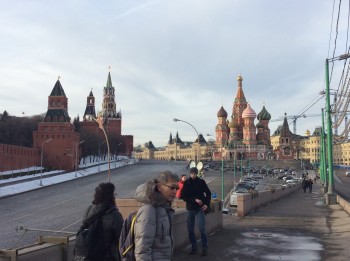
Boris Nemtsov was gunned down on the northern end of the Moscvoretsky Bridge, directly in front of the second closest to the camera of the green lamp-posts. In the background: St Basil’s cathedral on the right, the wall of the Kremlin on the left, Red Square in the centre. A more dramatic backdrop for an assassination in Moscow is hard to imagine.

“Hello. Is that the Ministry of Tourism? I’ve just been captured by ISIS, and I’d like to make a complaint. A very strong complaint”.
I’d like to reassure my mother that I was not actually in Syria, but in Lebanon just across the border when my phone picked up a Syrian network. Also, the guys from Hezbollah who asked me questions about why I was taking photos were really quite friendly.

There’s nothing funnier than an electronic billboard showing a Windows error message, so obviously I stop to take a photo.
A man comes up behind me. It is a solider in fatigues with a gun. “No photo”. This is a little tiresome. I attempt to point out that I am attempting to take a photo of a billboard, and what possible security risk could this be, but (as always) this is futile. Also, do you have any idea how easy it would be for me to take a photo of *anything* with modern technology without you realising it? But I know the rules, and they are rules. I accede and walk on. There are various security barriers and roadblocks nearby, so there is sensitive stuff nearby – government buildings, I think.
I block further, there are more security barriers, a guard post, and a soldier on duty. I am unsure I am allowed to walk down the road. I point down the road and beckon to the soldier, politely. “It’s okay to walk down there?”.
“Oh, sur.. Where are you from?”
“Australia”.
“O wow”. (Excitement). “I love Australia. Where Australia?”
“Sydney”.
“Oh, great!!!!. I was in Granville”.
(Fairly nondescript westerly but not extreme westerly suburb of Sydney, probably best known to me as the location of Australia’s worst rail disaster in the 1970. Perfectly pleasant place).
“Yeah, man. Granville”
“Where are you going?”. He now wants to give me directions. I wasn’t asking for directions – just wanting to know if he would stop me if I tried to walk down the street. However, if he wants to give me directions, I’ll let him give me directions. “Monot street”.
“Oh, about 200 metres that way. Have a great time”.
“You too. Come to Australia again some time”.
“Yeah. But I’m in the army. Fuck man!!!!”.
(He holds up his palm. I give him a high five). “Yeah. You’re in the army. Fuck man”. Explaining that I am completely opposed to compulsory military service as a matter of high principle and I therefore completely support his feelings would probably be excessive.
I go on my way, hoping that the safety was firmly in place on his rifle throughout all this.
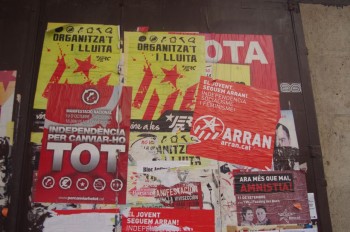 Barcelona, Catalonia. January 2014 Barcelona, Catalonia. January 2014
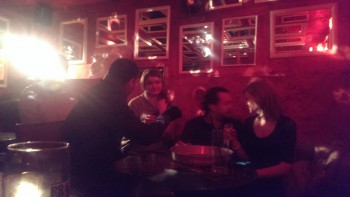 Warsaw, Poland. January 2014 Warsaw, Poland. January 2014
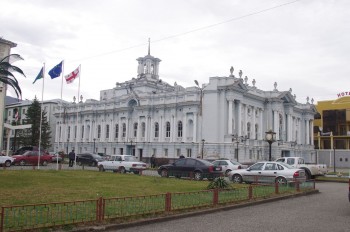 Senaki, Georgia. January 2014 Senaki, Georgia. January 2014
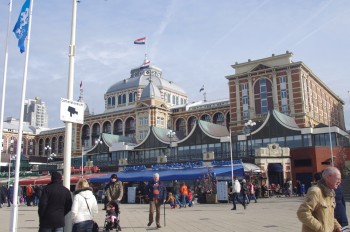 Den Haag, Netherlands. February 2014 Den Haag, Netherlands. February 2014
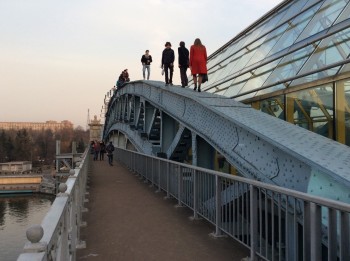 Moscow, Russia. March 2014 Moscow, Russia. March 2014
 London, England. April 2014 London, England. April 2014
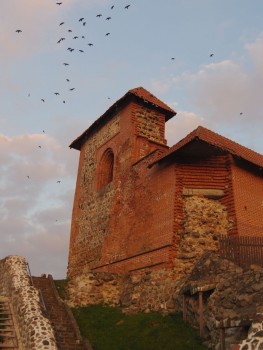 Vilnius, Lithuania. May 2014 Vilnius, Lithuania. May 2014
 Brest, Belarus. May 2014 Brest, Belarus. May 2014
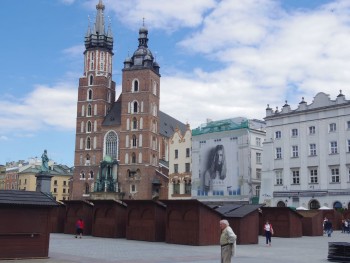 Kraków, Poland. May 2014 Kraków, Poland. May 2014
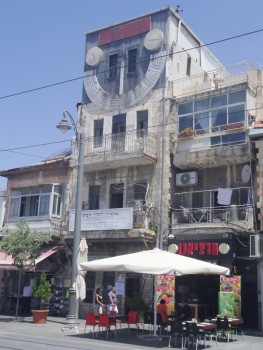 Jerusalem. May 2014 Jerusalem. May 2014
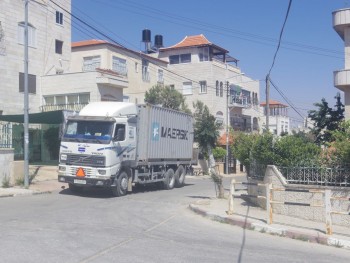 Kirzat Luza, Samaria. May 2014 Kirzat Luza, Samaria. May 2014
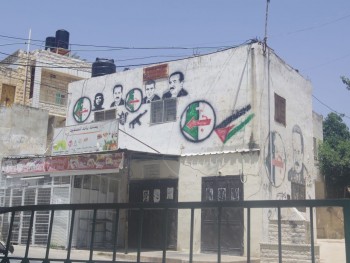 Sebastia, Palestine. May 2014 Sebastia, Palestine. May 2014
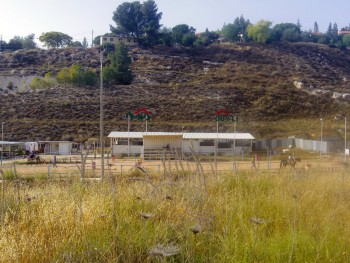 Kdumin, Judea and Samaria. May 2013 Kdumin, Judea and Samaria. May 2013
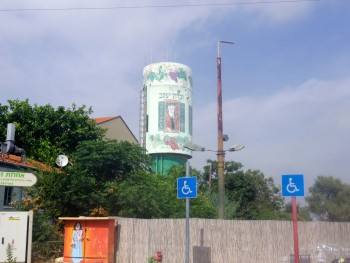 Zihron Ya’akov, Israel. May 2013 Zihron Ya’akov, Israel. May 2013
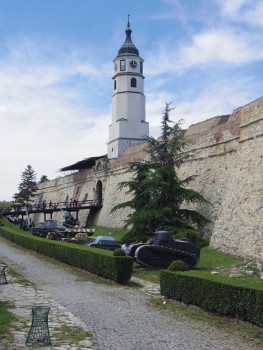 Belgrade, Serbia. June 2013 Belgrade, Serbia. June 2013
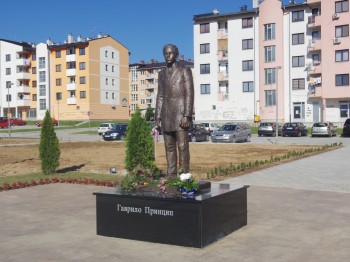 Istočno Sarajevo, Republika Srpska. June 2014 Istočno Sarajevo, Republika Srpska. June 2014
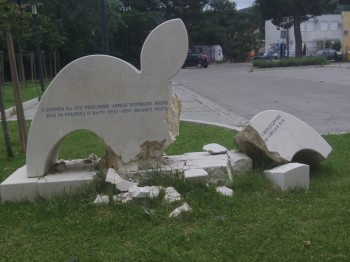 Mostar, Federation of Bosnia and Herzegovina. June 2014 Mostar, Federation of Bosnia and Herzegovina. June 2014
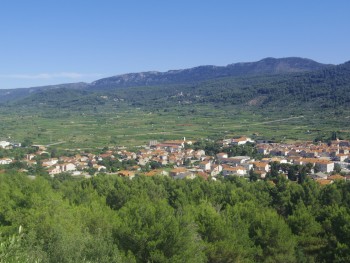 Stari Grad, Hvar Island, Croatia. July 2014 Stari Grad, Hvar Island, Croatia. July 2014
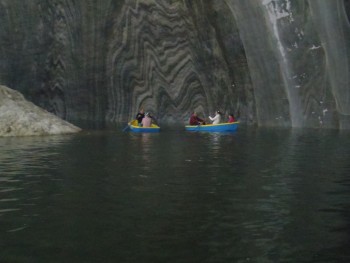 Turda, Romania. July 2014 Turda, Romania. July 2014
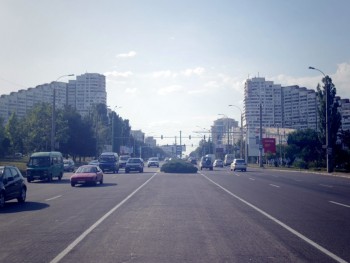 Chisinau, Moldova. July 2014 Chisinau, Moldova. July 2014
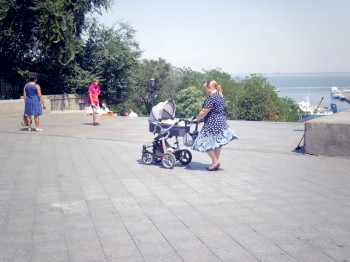 Odessa, Ukraine. August 2014 Odessa, Ukraine. August 2014
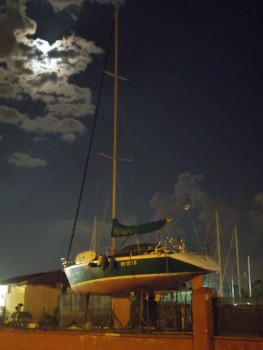 Fiumicino, Italy. September 2014 Fiumicino, Italy. September 2014
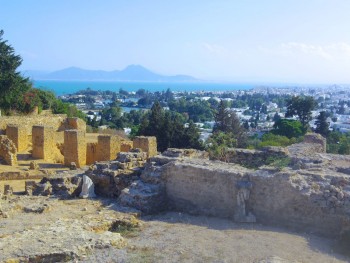 Carthage, Tunisia. September 2014 Carthage, Tunisia. September 2014
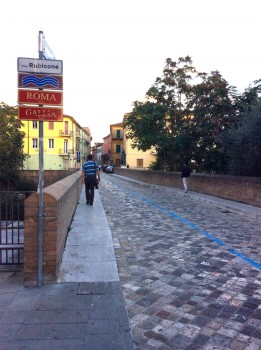 Savignano Sul Rubicone, Italy. October 2014 Savignano Sul Rubicone, Italy. October 2014
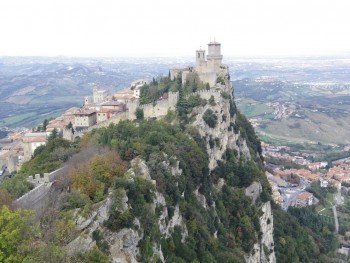 San Marino. October 2014 San Marino. October 2014
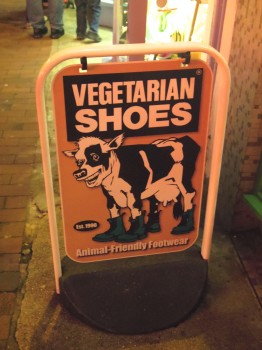 Peoples Trotskyist Republic of Brighton. November 2014 Peoples Trotskyist Republic of Brighton. November 2014
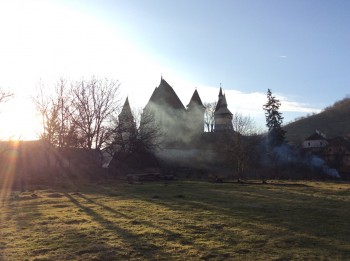 Valea Viilor, Transylvania. December 2014 Valea Viilor, Transylvania. December 2014
If someone has “Ambassador” in their job title, address them as “Your Excellency”. That’ll stop it.
– Guy Herbert, in response to this.
|
Who Are We? The Samizdata people are a bunch of sinister and heavily armed globalist illuminati who seek to infect the entire world with the values of personal liberty and several property. Amongst our many crimes is a sense of humour and the intermittent use of British spelling.
We are also a varied group made up of social individualists, classical liberals, whigs, libertarians, extropians, futurists, ‘Porcupines’, Karl Popper fetishists, recovering neo-conservatives, crazed Ayn Rand worshipers, over-caffeinated Virginia Postrel devotees, witty Frédéric Bastiat wannabes, cypherpunks, minarchists, kritarchists and wild-eyed anarcho-capitalists from Britain, North America, Australia and Europe.
|




































